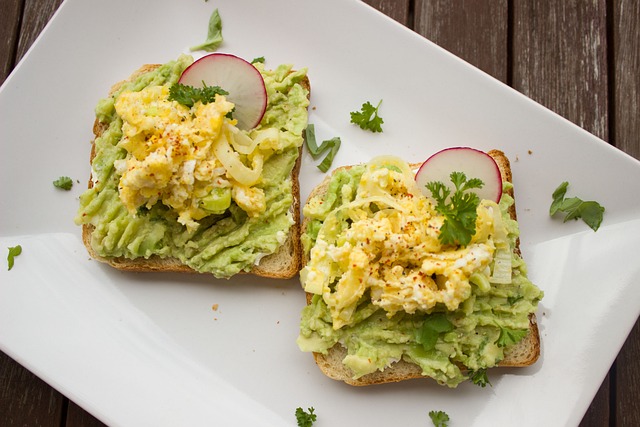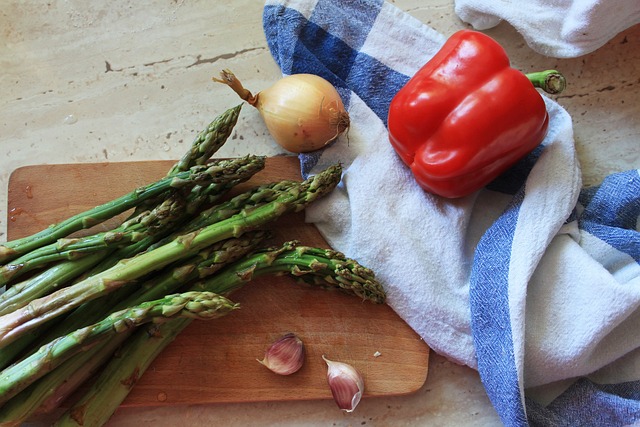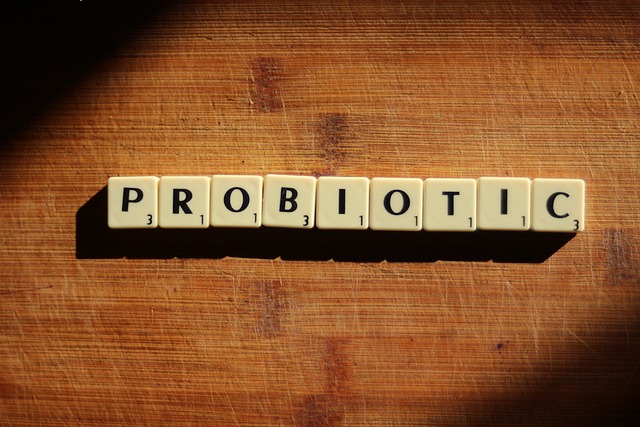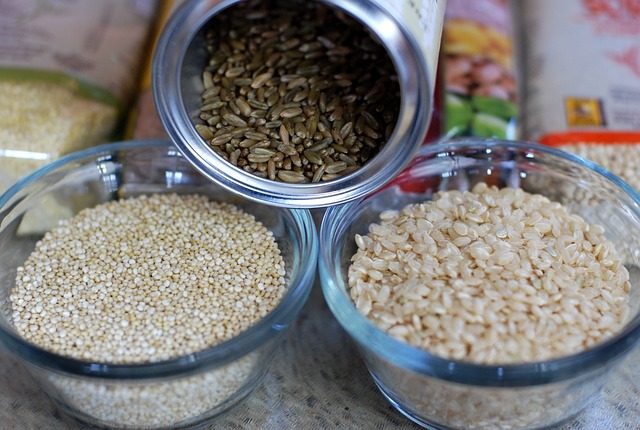The gut microbiome, the collection of trillions of microorganisms residing in our digestive system, plays a crucial role in our overall health and well-being. A balanced and diverse gut microbiome is associated with improved digestion, enhanced immune function, mental well-being, and even the prevention of certain diseases. While various factors can impact our gut health, there are several natural approaches we can take to support and nurture a healthy gut microbiome.
Here are some simple steps you can incorporate into your daily routine to promote optimal gut health.
Eat a Plant-Rich Diet
One of the most effective ways to support a healthy gut microbiome is by consuming a diet rich in plant-based foods. Fruits, vegetables, whole grains, legumes, nuts, and seeds provide essential nutrients and fiber that nourish beneficial gut bacteria. Aim to include a diverse range of plant foods in your meals to promote microbial diversity and ensure a steady supply of prebiotic compounds that feed the good bacteria.
Incorporate Fermented Foods
Fermented foods are abundant in beneficial bacteria, known as probiotics, which can help restore and maintain a healthy gut microbiome. Include foods like yogurt, kefir, sauerkraut, kimchi, tempeh, and miso in your diet. These foods not only provide probiotics but also contain enzymes and organic acids that support digestion and promote a favorable gut environment.
Reduce Processed Foods and Added Sugars
Highly processed foods and added sugars can negatively impact the diversity and composition of the gut microbiome. These foods are often low in fiber and lack the essential nutrients needed for optimal gut health. Limit your intake of processed foods and opt for whole, unprocessed foods instead. Minimizing added sugars can help prevent the overgrowth of harmful bacteria and yeast in the gut.
Stay Hydrated and Include Adequate Fiber
Adequate hydration and fiber intake are key for maintaining a healthy gut. Water helps ensure proper digestion and absorption of nutrients while fiber adds bulk to the stool and promotes regular bowel movements. Aim to drink enough water throughout the day and consume fiber-rich foods such as fruits, vegetables, whole grains, and legumes. Gradually increase your fiber intake to allow your gut bacteria time to adapt.
Manage Stress Levels
Chronic stress can disrupt the delicate balance of the gut microbiome. Stress triggers the release of hormones that can influence gut function and microbial diversity. Engage in stress-reducing activities like meditation, yoga, deep breathing exercises, or hobbies that help you relax and unwind. Prioritizing sleep and maintaining a healthy work-life balance can also contribute to reducing stress levels and supporting gut health.
Exercise Regularly
Regular physical activity has been shown to positively impact gut health. Exercise helps improve digestion, reduces inflammation, and enhances microbial diversity. Aim for at least 30 minutes of moderate-intensity exercise most days of the week. Find activities you enjoy, such as walking, swimming, cycling, or dancing, and make them a part of your routine.
Avoid Unnecessary Antibiotic Use
Antibiotics can significantly disrupt the gut microbiome by killing both harmful and beneficial bacteria. While sometimes necessary, it is essential to use antibiotics judiciously and only when prescribed by a healthcare professional. If you must take antibiotics, discuss with your doctor ways to minimize their impact on the gut microbiome, such as probiotic supplementation during and after treatment.
Supporting a healthy gut microbiome is a holistic approach that involves various lifestyle and dietary choices. By adopting these natural strategies, you can promote a diverse and thriving gut microbiome, which is fundamental to your overall health and well-being. Remember, consistency is key, so incorporate these practices into your daily routine and give your gut the care it deserves.
Image by Bernadette Wurzinger from Pixabay
Digestive Health
-

Harness the Power of Prebiotics to Boost Gut Health NOW
From the desk of a seasoned natural health practitioner, the fascinating realm of digestive health unveils many intricacies, with prebiotics playing a monumental role. Over the years, as I’ve consulted one-on-one with numerous clients and taught dedicated courses on the subject, the profound impact of prebiotics on overall health is evident. Here’s a comprehensive exploration…
-

Understanding Probiotics and Prebiotics for Gut Health
-

Natural Digestive Support: 5 Herbal Teas You Need to Try
-

Alleviate Bloating Naturally with These Effective Remedies
-

The Healing Powers of Bone Broth: A Natural Remedy for Digestive Issues
-

9 Natural Remedies for Acid Reflux and Heartburn
-

Top 10 Foods to Avoid for Better Digestive Health









Leave a Reply